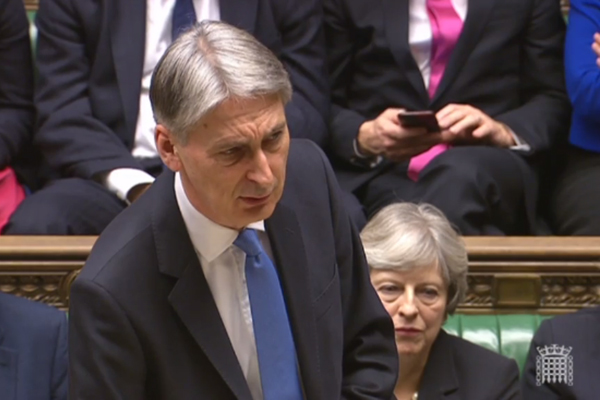You are viewing 1 of your 1 free articles
Five ways to improve Universal Credit
While the government has made some welcome improvements to Universal Credit (UC), claimants and landlords are still facing some big issues, says David Pipe
The changes to Universal Credit announced in last year’s Autumn Budget have now all come into force – notably the removal of the seven-day ‘waiting period’, allowing tenants to continue to claim an extra two weeks’ worth of housing benefit when they move onto Universal Credit and making it easier to apply for an advance on their first payment.
While these changes were very welcome, landlords continue to tell us about administrative problems, while cuts introduced since Universal Credit was first announced have reduced many claimants’ entitlement and risk undermining the claim that it ensures “work always pays”.
The roll-out of the full service is due to accelerate, and it is scheduled to be in place across the UK before the end of the year.
As more and more people start claiming Universal Credit, it’s critical that the Department for Work and Pensions (DWP) addresses the outstanding issues.
Here are five more things that should be done to improve the system:
1. Prioritise a full roll-out of the landlord portal and Trusted Partner status: The DWP is working on a number of administrative improvements, including allowing social landlords to manage their Universal Credit caseload via an online portal.
Feedback from landlords involved in piloting the portal suggests that it is a substantial improvement on the current system.
However, the timetable for it to be rolled out to more landlords is not yet clear.
The same is true of Trusted Partner status, which allows landlords to apply for Alternative Payment Arrangements (APAs) for their tenants without having to provide supporting evidence for each individual case.
It’s essential that the DWP extend these improvements to all landlords as soon as possible.
2. Review payment mechanisms for APAs: Under the full Universal Credit service APAs are paid on a four-weekly, instead of monthly, schedule.
Feedback from landlords suggests that this is causing real problems as they often have to wait longer before they begin to receive any money.
It also means that APA payments are out of sync with the rest of the tenant’s claim, a cause of considerable confusion.
We believe that the DWP should return to paying APAs on a calendar monthly basis to bring it back in line with the rest of Universal Credit.
3. Reduce the use of sanctions: Government statistics show that as many as 5% of Universal Credit claimants are subject to a sanction at any given time, with more than half of these lasting five weeks or more.
Sanctions have a severe impact on claimants, and a high proportion of sanctions that are challenged are eventually overturned upon appeal.
Quite simply, too many people are being sanctioned, many of them wrongly. It’s time for the DWP to carry out a full review.
4. Reverse cuts to work allowances: We strongly support the principle that Universal Credit claimants should always be better off in work and that as they earn more they should keep more of that money.
However, cuts to work allowances (the amount that individual claimants are allowed to earn before their UC payments begin to be reduced) have reduced many households’ payments and weakened the incentives for them to earn more. We recommend that these are restored.
5. Consider further options to reduce the wait for a first payment: The housing benefit ‘run-on’ is essentially a transitional measure, which will only support claimants during the period when Universal Credit is operating alongside the existing system of benefits.
In the longer term, we think a five-week wait for a payment is likely to be a struggle for many claimants.
The DWP should use the time that this transitional measure is in place to properly consider options to address the long wait for the first payment on a more permanent basis.
These could include cutting claimants’ initial assessment period so they can transition more gradually to monthly payments, or moving to a system where Universal Credit is regularly paid half in advance and half in arrears.
David Pipe, policy and practice officer, Chartered Institute of Housing











